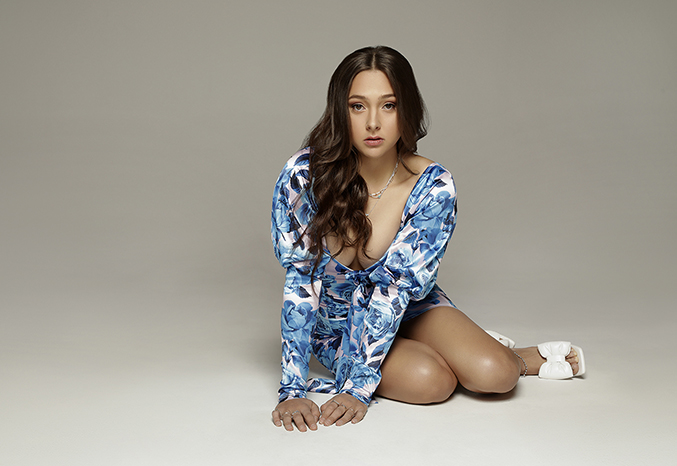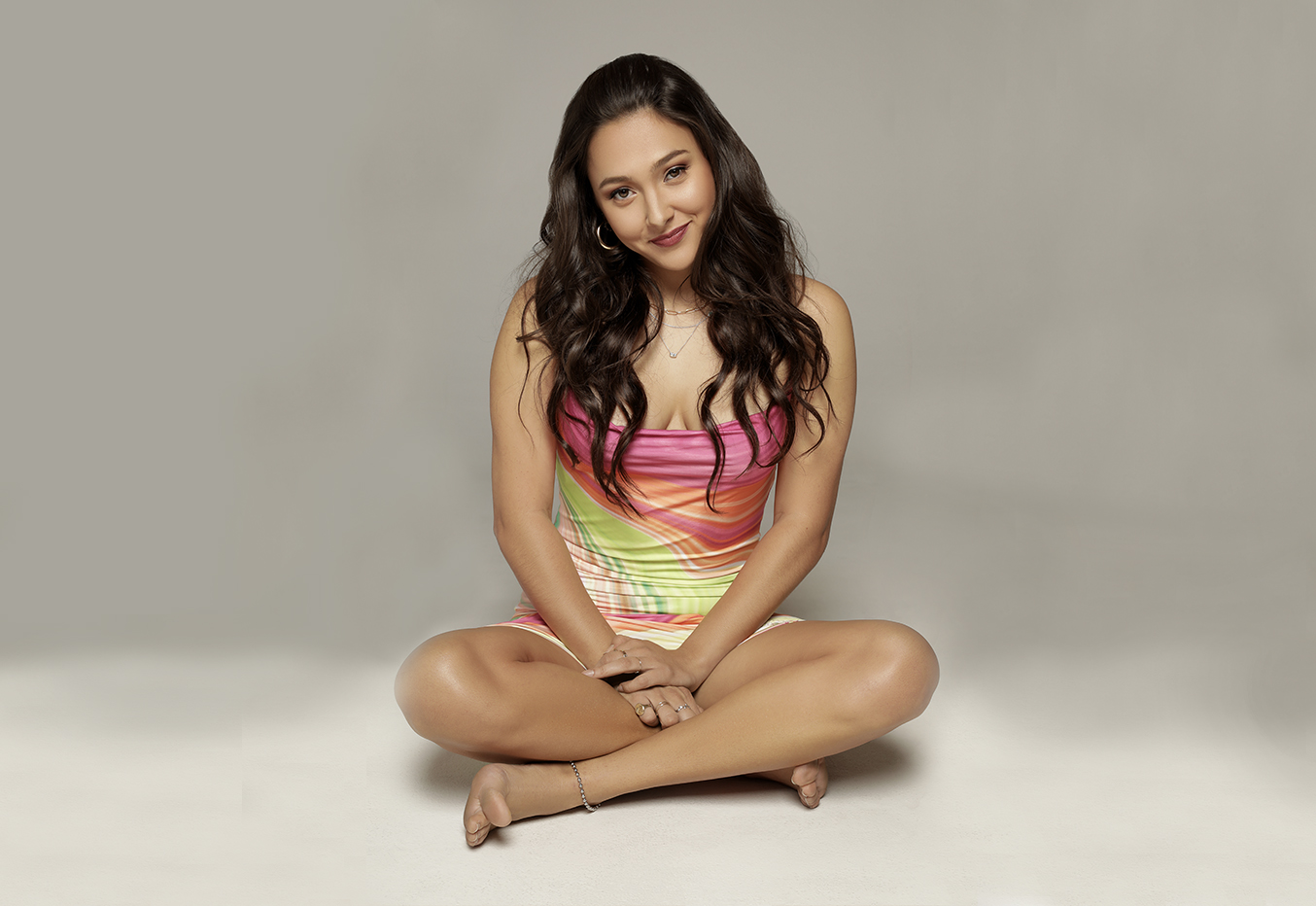By: Ley Calisang
Isabelle Fries always excelled in what she loved to do and over the years she thrived in what she set her cap on. She’s a pure soul that is blessed with a wonderful voice and a heart of gold. Isabelle’s been a strong advocate for a better future and with her growing platform she shines a light on the importance of community service and volunteering.
Isabelle Fries’ work in Uganda has impacted the lives of countless individuals, she launched the Bulamu Community Foundation, which teaches Ugandan schools about curriculum, athletics, music, recycling, and water safety. Isabelle spent 12 years as a serious competition swimmer committed to water safety. She taught both toddlers and adults how to swim because drowning is the primary cause of death in Lake Bunyoni. She focused on adults to continue the training and reduce drowning deaths.
Isabelle also serves on the board of the Global Living Institute in Uganda as a youth leader and HIV/AIDS prevention advocate. In the fall of 2017, she performed for over 20,000 people in rural Uganda with musicians from all around the world as part of iKnow Concerts to raise HIV awareness and provide medical care.
Isabelle Fries is not just a talented artist but also a humanitarian and philanthropist who believes in the worth of every individual. Isabelle Fries sits down with NEW YOU for a Q&A session to discuss how her music has supported her in her community service.
Photographer: Filbert Kung
Glam by: Joel Sebastian
Style: Derek Warburton


NEWYOU: Giving back has always been one of your top priorities as a humanitarian and an advocate for people who don’t have a voice, how has community service helped you help people around the world? What led you to start doing community service?
Isabelle Fries: Community development and activism is definitely my passion and it has led me to experience the most remarkable things that have shaped my view of myself and of the world and the current state it’s in. The most important part of this work is listening to others and to base your work and ideas on that specific community, not your assumptions. I began working in community service when I was very young. I don’t exactly remember what drove me to get into it at first but I think it was this underlying need to be a part of something larger than myself and larger than life. Another thing that drove me was my desire to understand people and basic human needs and rights.
NY: With your busy schedule being a full-time teacher and a singer-songwriter, how do you still find time to do community service?
IF: I wish I had more time to do all of the things I love all of the time but the past 2 years have for sure been tricky. Although I prefer to work directly in a community and with people face to face, having a full-time job and living in a pandemic has taught me that the work doesn’t have to stop even if you aren’t physically there. So, I still work with the communities in Uganda virtually and get to be a part of new projects and initiatives.
NY: How does being an artist help you be more effective in community service? Has it helped you connect to the people more?
IF: Music is a language that we all speak so having music be a point of connection and a way to come together is incredibly important in this work. Music allows us to express our hopes, fears, traumas, needs, wishes, and everything in between and when working with communities who have entirely different needs, wants, and life experiences, having a language we can all connect to is very important.
NY: Being a woman is such a breath of fresh air in this day and age. Women have bigger opportunities and bigger roles to play in today’s society than what women had a decade ago, how do you think this shift has opened doors for women artists wanting to be involved in community service?
IF: Sadly woman’s rights are still being suppressed throughout our country and our government and despite the massive impact woman have on the world we are still often overlooked. When we have the opportunity to use our voices and share our ideas in this world, we have the chance to fight for all human rights and women’s rights. Being a woman in community service or when studying policy in college wasn’t as easy as I thought because our society still looks to men to have all the answers. But, being able to learn about the public sector and community work on a larger scale and the gaps that are within the system has allowed me to better myself in this field and continue to grow into the activist that I want to be.
NY: What’s your top advice for people thinking about engaging or getting involved in community service but doesn’t know how to start or what to do?
IF: Find a cause that you care about and that the community cares about. When going into a community that is not our own we have to be aware of that and ourselves so when you get the opportunity to work with a new community, listen to them. Collaborate with everyone that is willing and think together as one community. Give locals and women and children and experts a seat at the table to discuss change. Activism is a beautiful thing when there are passionate people part of it who are open to all stakeholders and participants.
As women and wives and mothers, we can foster a culture of community service by first cultivating a spirit of volunteerism with one another inside the boundaries of our homes and then bringing that spirit out into the wider community. We’ve encased ourselves in the comfortable cocoons of our closest friends, colleagues, intimate families, or television sets far too often. But we must be concerned enough about the rest of humanity to become deeply connected with them. We can’t shut ourselves away in a shell and ignore what’s happening around us. We cannot simply assume that everything will be well. It is up to us to get out there and make things right.











